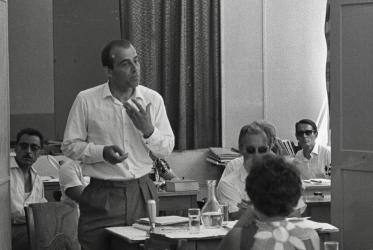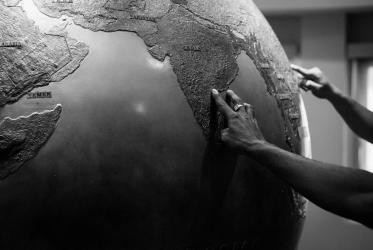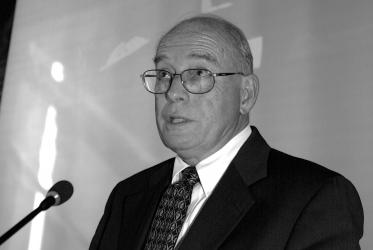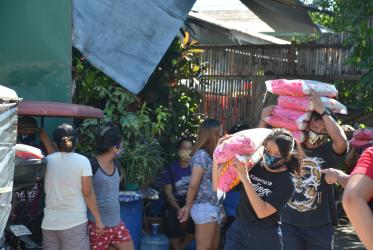Displaying 1 - 20 of 92
WCC 11th Assembly: safe and welcoming environment for all
19 September 2022
Indigenous women struggle for identity in Asia and beyond
05 September 2022
Upcoming webinar will focus on COVID-19 and caste discrimination
24 February 2022
Frontline workers taking on “sacrificial burden” as COVID-19 spreads
06 November 2020












